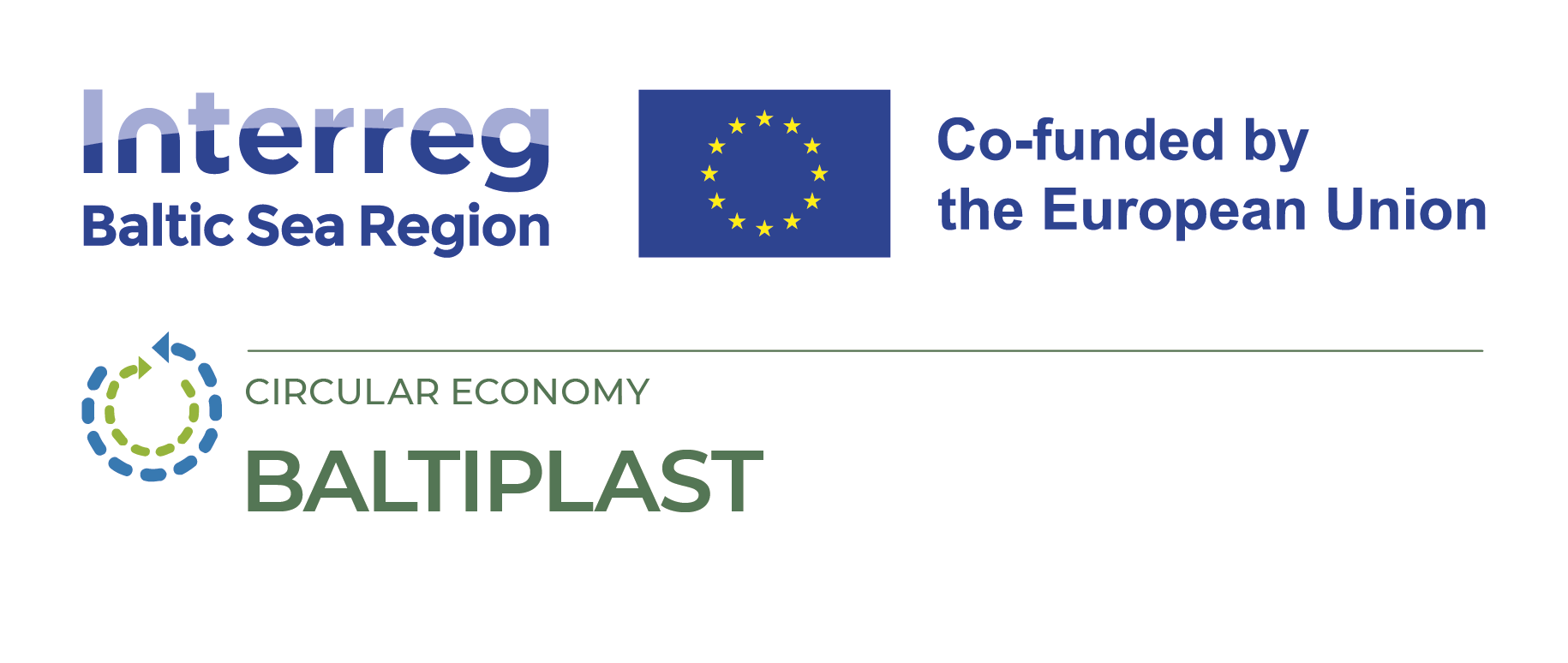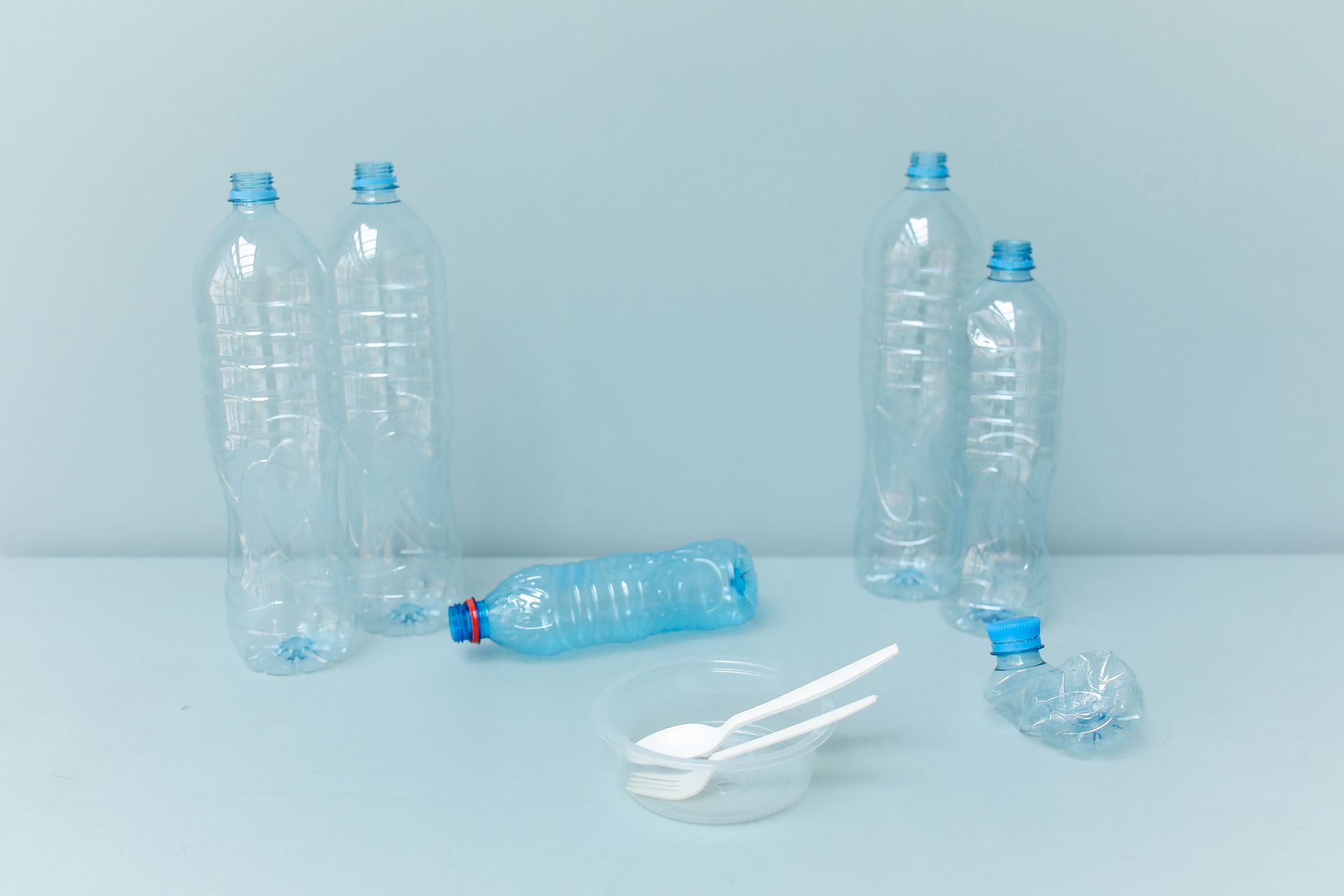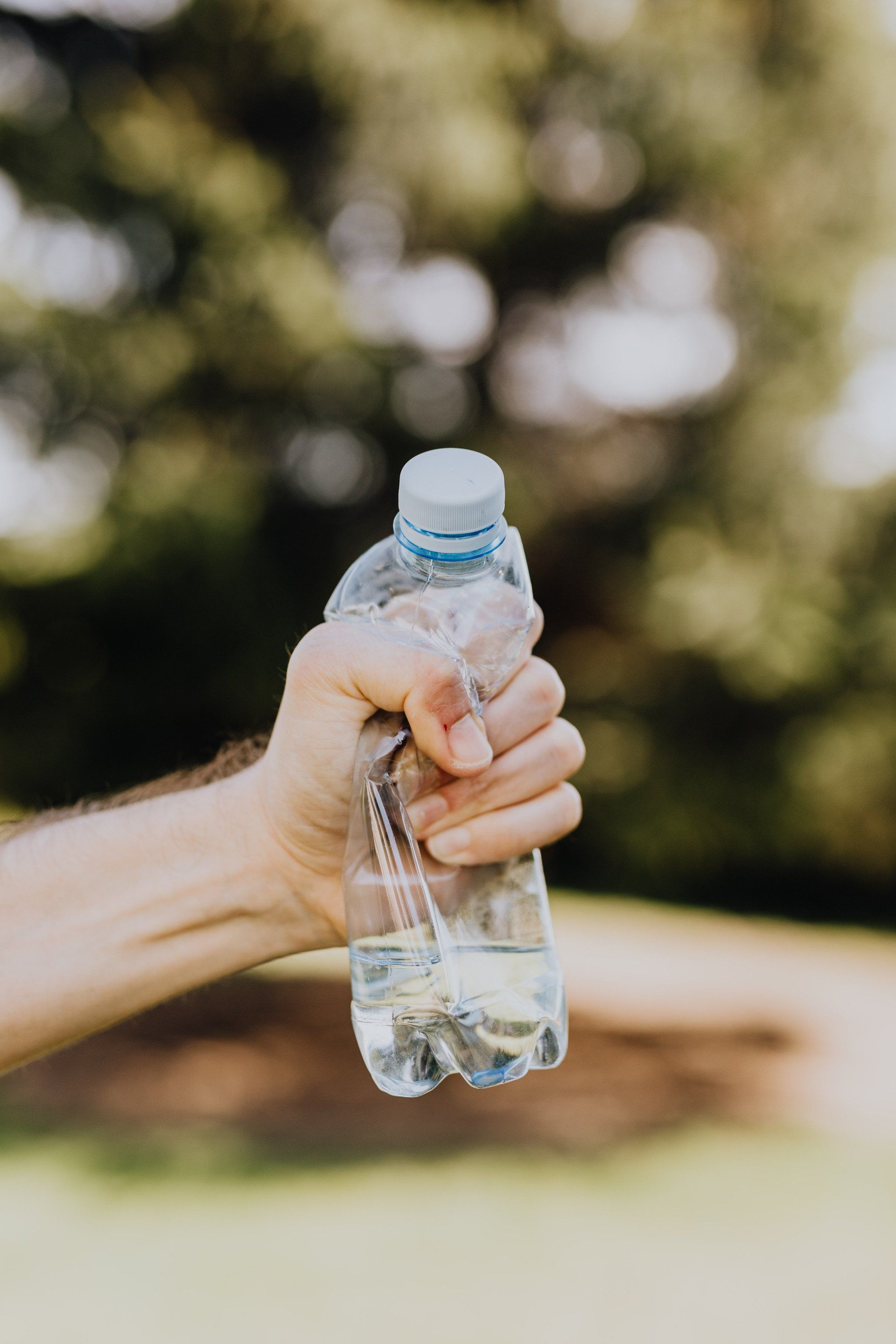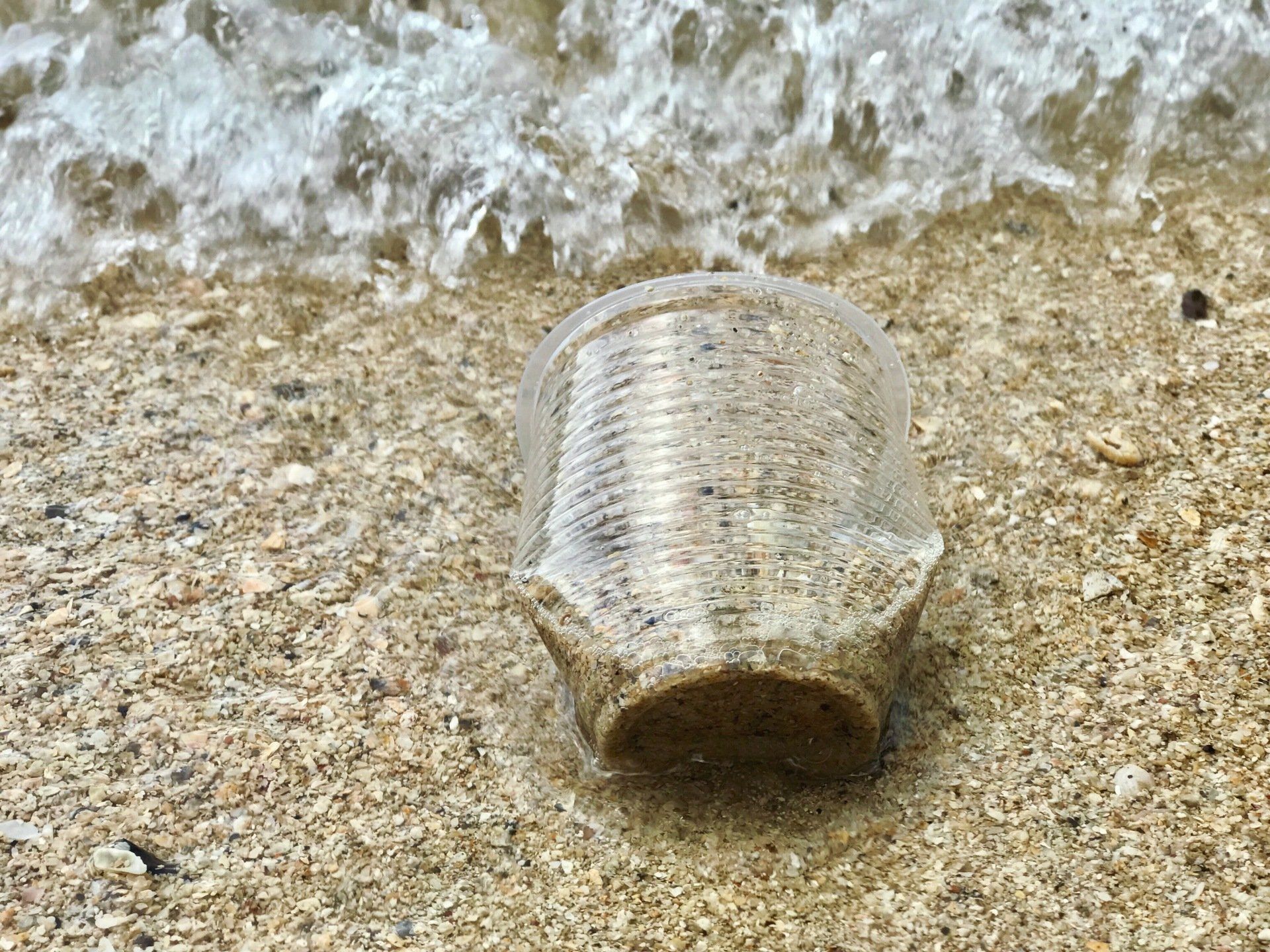BALTIPLAST
2023-2025
The project BALTIPLAST brings technological solutions to help public authorities reduce plastic waste and trigger investments in sustainable sorting and recycling.
OVERVIEW OF THE PROJECT
The project “Baltic Approaches to Handling Plastic Pollution under a Circular Economy Context” (BALTIPLAST) aims at the prevention and reduction of plastic waste in the Baltic Sea Region, focusing on single use plastic reduction, improvements in plastic packaging and innovative collection and treatment systems at the municipality level. A consortium of partners from Germany, Sweden, Finland, Estonia, Latvia, and Lithuania will test concrete solutions at three levels of operation: Strategic and management; technological/technical; communication & behavior change. The project involves some key actors in the plastic waste value chain, primarily municipalities in the participating countries, as well as SMEs and large enterprises operating in the field of waste management. NGOs and interest groups will also be involved, in the dissemination of results.
BALTIPLAST contributes to EU Strategy for the Baltic Sea Region, specifically to the Policy Area of Bio-economy, dwelling on responsible use of resources, changing mindsets and consumer behavior, through cross-sectorial approaches, by up-scaling waste to integrate it into a circular economy, by testing public procurement models and by integrating circular economy policies in the activities of the target groups. The project design is guided by co-creative innovation, through new schemes of collaboration in country clusters, as reflected in the project Group of Activities, further transferring them to a transnational level. Ultimately, BALTIPLAST may provide a long-term contribution to on-going efforts to reduce the plastic that enters the Baltic Sea Region.

BALTIPLAST IN A NUTSHELL
BALTIPLAST Plastic Inventory Tool
As part of the Baltiplast project, it´s now available a free, easy-to-use tool to help you reduce plastic consumption and save costs: the Plastic Inventory Tool, which is designed for small and medium enterprises, schools, municipalities, and events.
Expert coaching support free of charge until December 2025. If you’d like to participate, sign up here.
AWARENESS RAISING CAMPAIGN
Together with the other partners involved in the Baltiplast project we are running a campaign in the Baltic Sea region to raise public awareness about ways to reduce plastics, including single-use and packaging at homes and to promote solutions for a change in the plastic consumption behavior!
For more information:
CCB Secretariat: secretariat (at) ccb.se
Walter Leal, HAW Hamburg - Project Manager: walter.leal2@haw-hamburg.de
Jelena Barbir, HAW Hamburg - Project Manager, Communication Manager: jelena.barbir@haw-hamburg.de
We continue to act, do you want to know more?
We work in the entire Baltic Sea region with different projects and programmes.
Click the button below to discover what is going on and how you can help.


